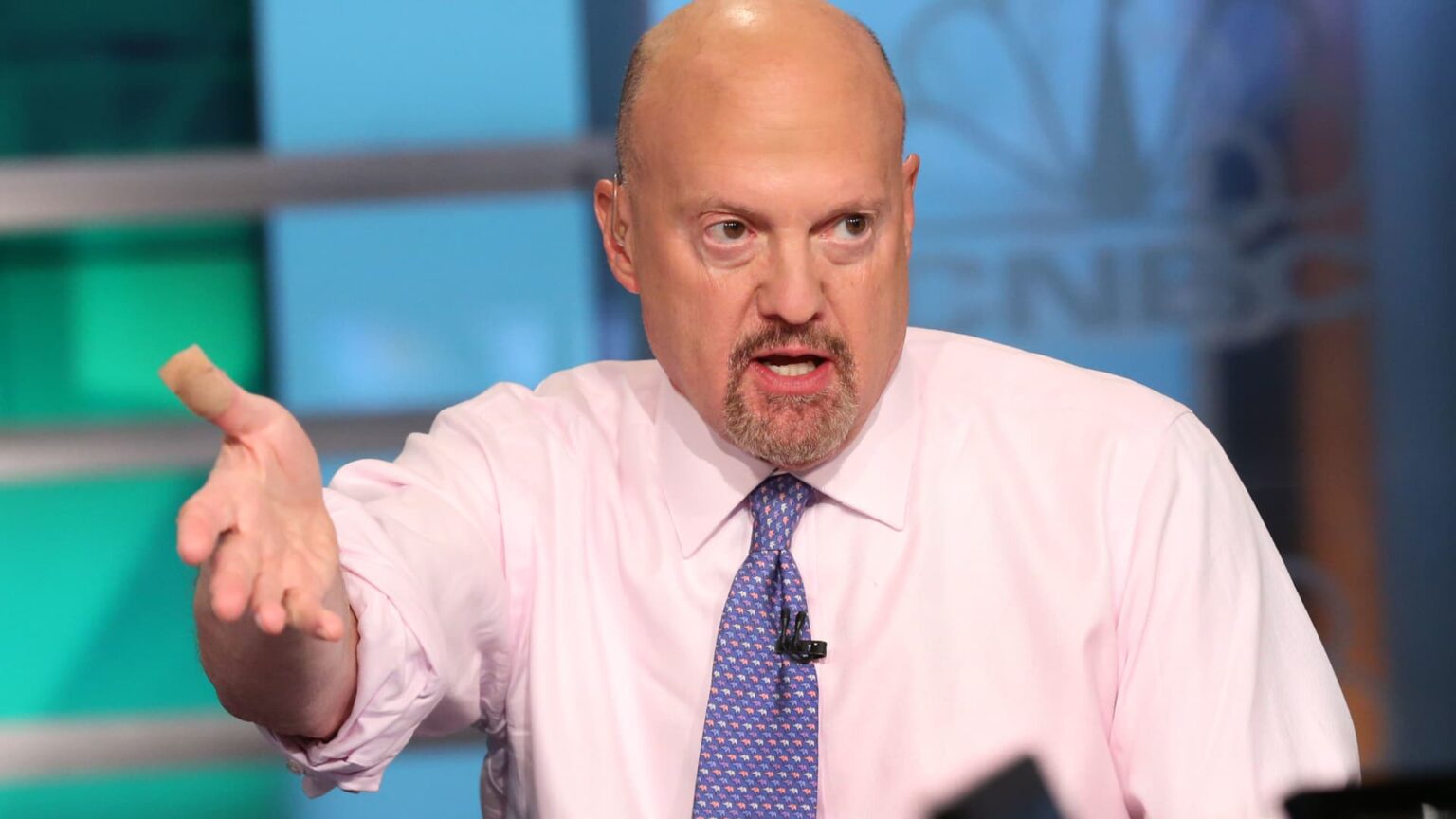Market Dynamics and Political Influence: Analyzing the Impact of Presidential Strategies
Understanding Market Movements Amid Political Uncertainty
Recent market fluctuations have once again underscored the significant influence of political decisions on financial markets. CNBC’s renowned analyst Jim Cramer recently dissected Monday’s trading session, attributing the day’s volatility to anticipations surrounding the White House’s forthcoming actions. While some investors remain optimistic about President Donald Trump’s potential to steer industry growth, Cramer cautions that such optimism may be premature.
The White House’s Power to Shape Market Sentiment
Cramer emphasized that the President holds considerable sway over market trends, especially when actively pursuing specific policy goals. “We must be prepared for setbacks,” he warned, highlighting that history has shown the administration is willing to accept short-term market declines if it means advancing its broader agenda. This perspective suggests that investors should maintain a cautious outlook, recognizing that market optimism can quickly turn into disappointment based on political developments.
Recent Market Reactions and the Role of International Relations
The past few trading sessions have been characterized by shifting perceptions regarding the U.S.-China relationship. After a subdued start on Monday, stock indices rallied into positive territory by the close, driven by reports that President Trump is eager to meet with Chinese President Xi Jinping soon. Cramer noted that this news caused a dramatic reversal in market sentiment, with the market doing a complete 180-degree turn.
Speculation on Future Trade Agreements
There is widespread speculation about whether the President will secure a genuine trade agreement with China. Many investors are hopeful that Trump might ease restrictions, particularly on semiconductor exports, which could bolster the tech sector. However, Cramer pointed out that such optimism is tempered by broader concerns about the stability of the trade negotiations and the potential for setbacks.
Broader Economic Concerns and Sector-Specific Challenges
Despite the positive tone surrounding U.S.-China relations, underlying fears continue to weigh on the market. For instance, last week, Dell Technologies reported strong quarterly earnings, yet its stock experienced a decline as investors grew wary of the administration’s efforts to tighten regulations on federal contractors-many of whom rely on Dell’s equipment. Similarly, Booz Allen Hamilton, a key government contractor, saw its shares under pressure amid these policy shifts.
Tariffs and trade restrictions have also adversely affected companies with significant international supply chains. Retail giants like Gap and technology leaders such as Apple have reported declines, reflecting concerns over increased costs and disrupted supply networks.
Market Volatility: A Constant Threat
Cramer highlighted the inherent volatility of the stock market, noting that it can swing dramatically based on a single headline or rumor. “We are always just one announcement away from a rally or a decline,” he remarked. This underscores the importance of understanding that the President’s influence is a critical factor in market behavior-particularly when he chooses to exert it.
Conclusion: Navigating Market Uncertainty
In summary, the current market landscape is heavily influenced by political strategies and international diplomacy. Investors should remain vigilant, recognizing that the President’s actions-whether perceived as supportive or disruptive-can swiftly alter market trajectories. As Cramer advises, maintaining awareness of the political context is essential for making informed investment decisions in these unpredictable times.
Note: The White House has not issued an immediate response to recent inquiries, leaving market participants to interpret ongoing developments independently.

